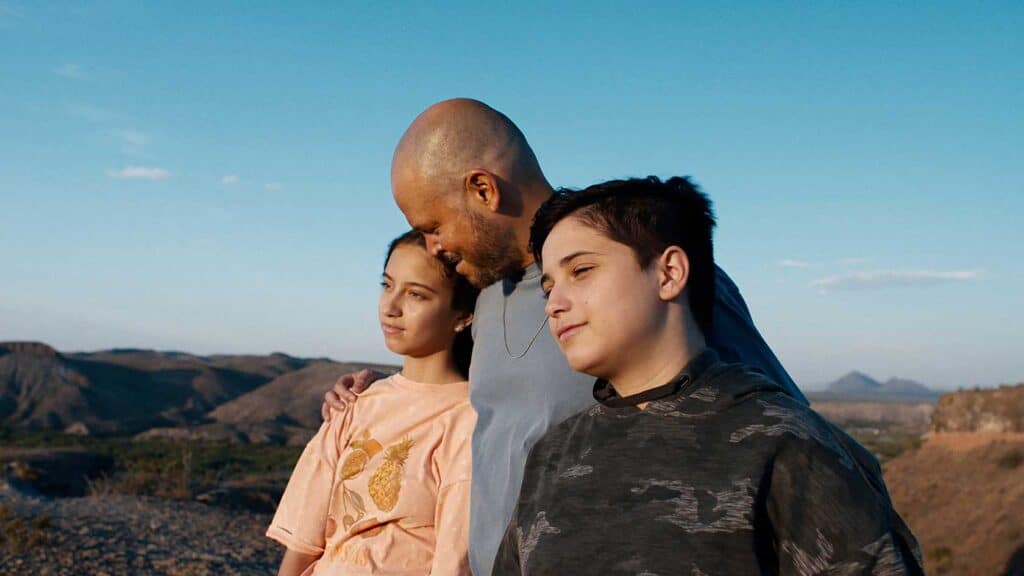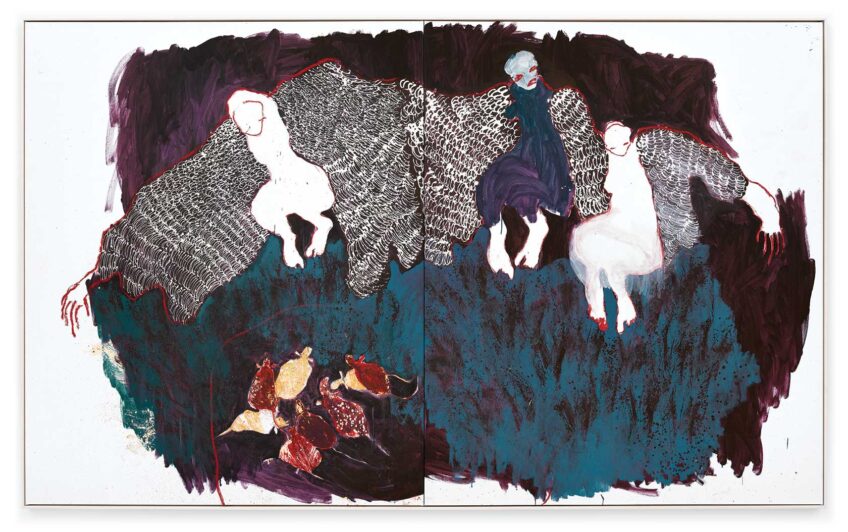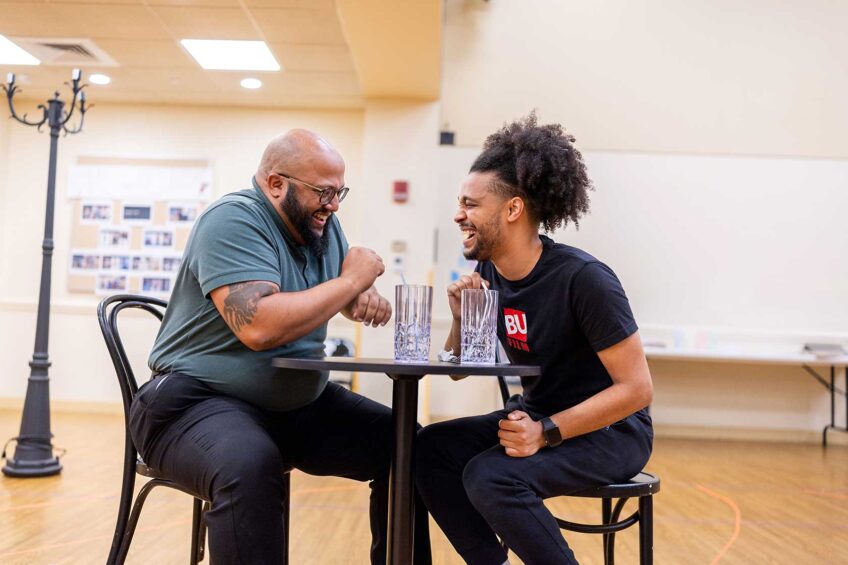CineFest Latino Boston: amplifying Latino voices through the power of film

There’s a Spanish saying that comes to mind when Sabrina Avilés thinks about what CineFest Latino stands for: Para el gusto seiron los colores.
“The colors were made for every type of taste,” she translated, pointing to the range of stories presented at the annual Latino film festival. Which means, “if you are looking for a particular film, you will probably find it,” she said.
Avilés founded CineFest Latino in 2022 as a way of giving back to her community, she said. Breaking into the industry as a Latina was challenging for Avilés, so she wanted to take “a lot of these filmmakers under my wings” and give them opportunities that she had fought to get. An independent filmmaker herself, Avilés promised herself that if ever she were in the position to “help other Latinos and amplify their voices and mentor them,” she would.
For decades, Avilés said, she has not seen her Latinidad represented in film, and year after year, she reads studies that show how dismal Latino representation in film is.
In 2023, Hispanic and Latino actors made up just 5.2 percent of on-screen speaking characters for the top 1,700 movies, compared to 55.7 percent for white actors, according to a USC Annenberg Inclusion Initiative report. The percentage of Hispanic and Latino people in top-grossing films has remained basically static for over a decade, despite these groups now comprising nearly 20 percent of the U.S. population. And even the few movies Latinos find themselves in are often riddled with outdated stereotypes.

Dreya Castillo, René “Residente” Pérez Joglar and Luciana Elisa Quiñonez in “In the Summers.” IMAGE: COURTESY OF MUSIC BOX FILMS
Avilés said she hopes CineFest Latino will contribute to moving the needle by platforming Latinos both on screen and behind the camera.
This year’s festival promises a kaleidoscope of stories told by and starring Latinos, with some films that are “a little bit more commercial,” some that are “outwardly experimental” and others made to “challenge you a little bit,” Avilés said. But she also wants to showcase “stories that are human,” stories that may feature Latinos but that all audience members can resonate with.
From Sept. 25 through 29, movie-goers can choose from stories about Indigenous rights, the implications of colonization, immigration, family dynamics and Frida Kahlo, with showings at locations across the city at the Coolidge Corner Theatre, the Museum of Fine Arts and the Emerson Paramount Theatre.
Of note is that half of the directors of the films showing at the screening will also be present during the festival, and the closing night film, “La Cocina,” features award-winning actress Rooney Mara.
Filmmaker Alessandra Lacorazza’s “In the Summers,” the festival’s opening-night show, follows two sisters on their coming-of-age journey through the lens of the oft-turbulent summers they spend with their father. The film, Lacorazza said, is semi-autobiographical, depicting a mostly fictitious interpretation of their relationship with their father, the complexity of which they want viewers, Latino or not, to relate to.
Lacorazza, a Colombian American writer-director based in New York, knows that the experience of being Latino is not the same for everyone, but their film, and how they chose to make it, represents a sliver of that reality. Even though the characters toggle between speaking English and Spanish — which represents a common experience for bilingual Latinos — they chose not to include subtitles in film. In a disclaimer that appears before the film starts, Lacorazza writes that they made this choice “to allow audiences to engage with emotions that transcend language.”
The Spanish dialogue in the film isn’t plot-driven and is all “understood by the tone that it’s being expressed … it doesn’t matter what they’re saying,” they said. “It matters the feeling, the emotion it’s all coming through. And I wanted the audience to have that experience, to lean in, to feel, rather than think.”
Lacorazza grew up in the U.S. in the 1990s seeing stereotyped depictions of Latinos, and they said not much has changed since. With “In the Summers,” a 2024 Sundance Film Festival Grand Jury Prize winner, Lacorazza wanted to make a film that reflected their own life and presented the story in a way that went beyond their cultural identity.
Avilés said that when she founded CineFest Latino, she hoped to “change the mindset” of investors and other key deciders in the film industry about what Latinos have to offer, especially in the face of underrepresentation.
“We’re trying to … showcase the talent on an artist level,” Avilés said, adding, “It’s important to have a Latino film festival in Boston, because … in many cities, we are the backbone of the economy, and so why not celebrate and acknowledge our contribution through art?”






